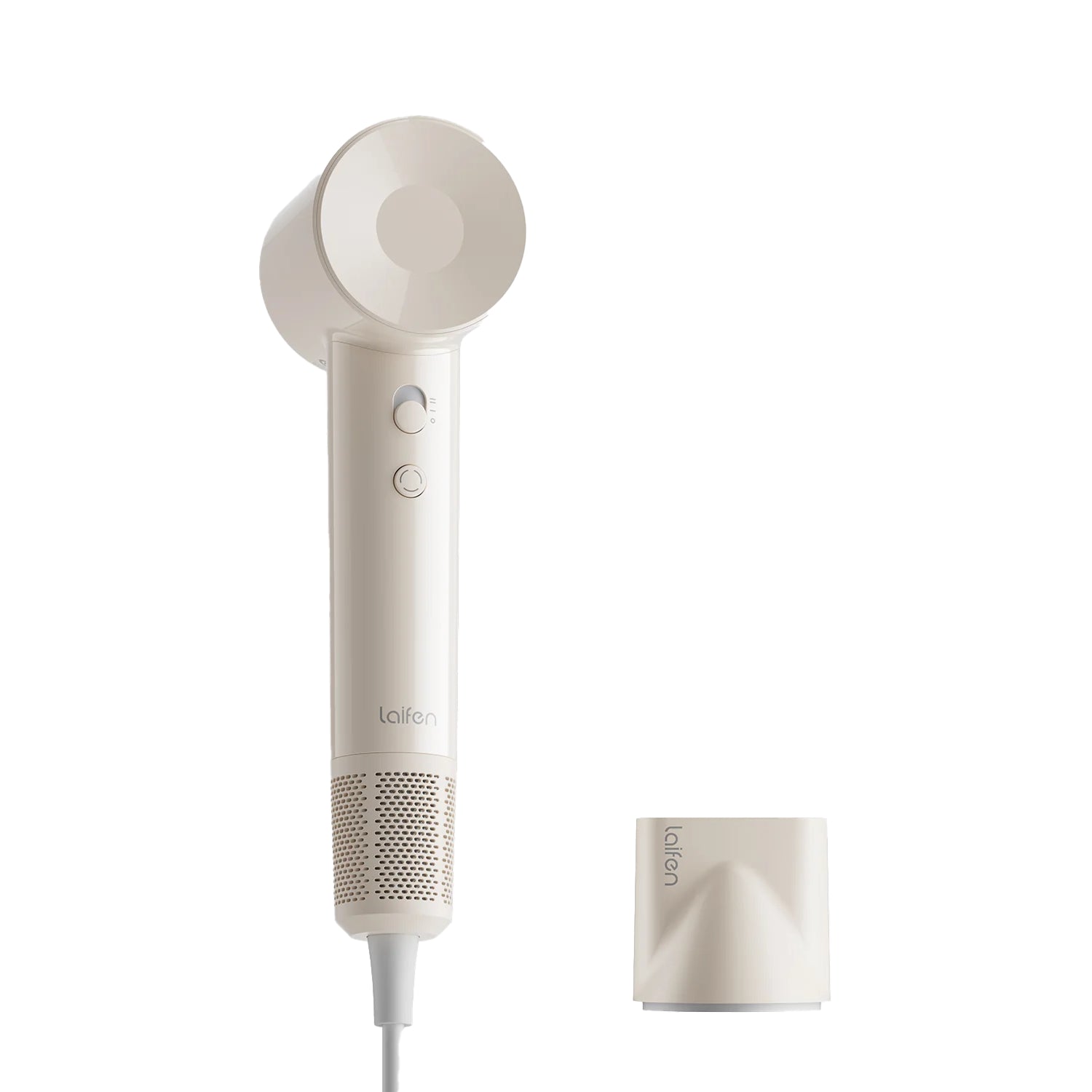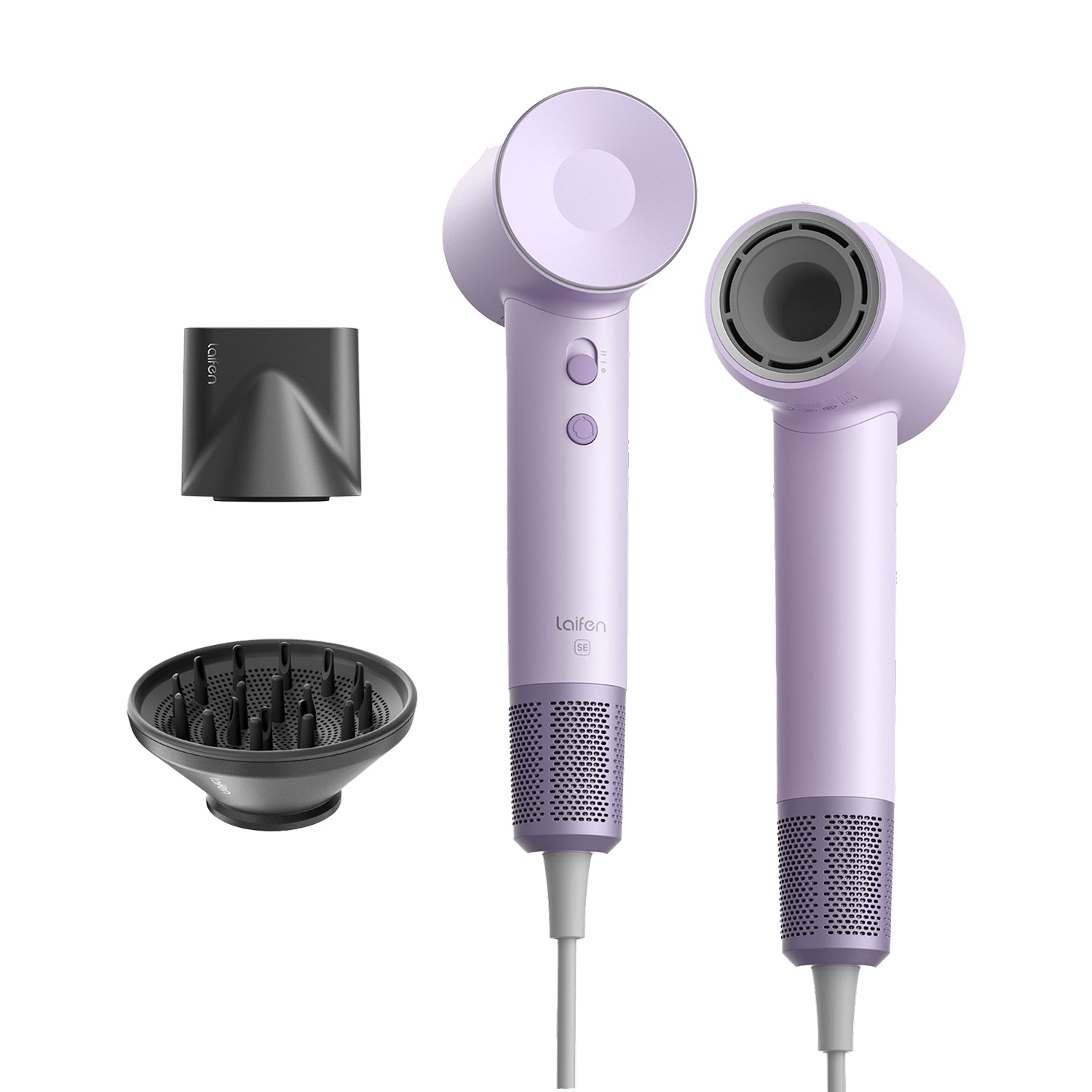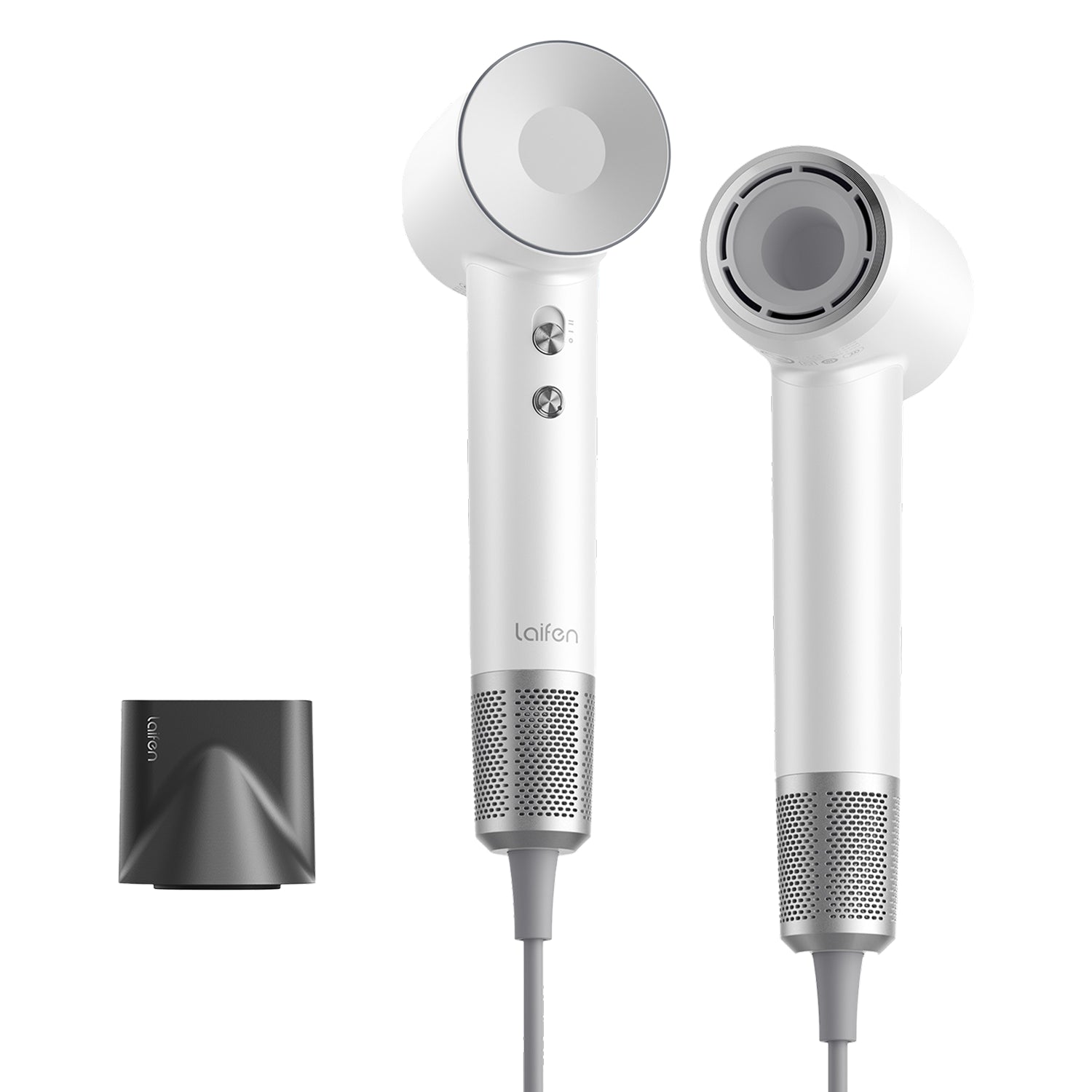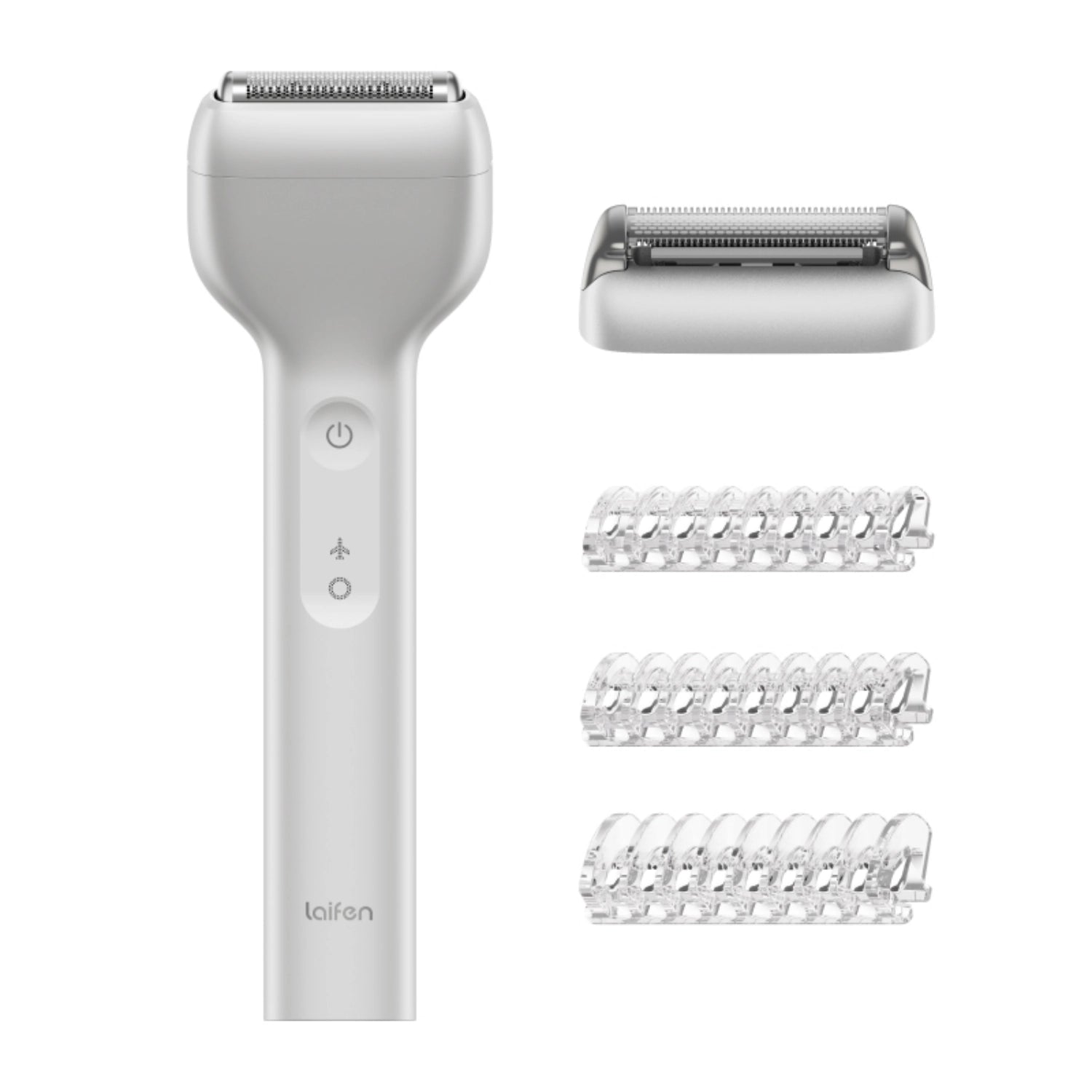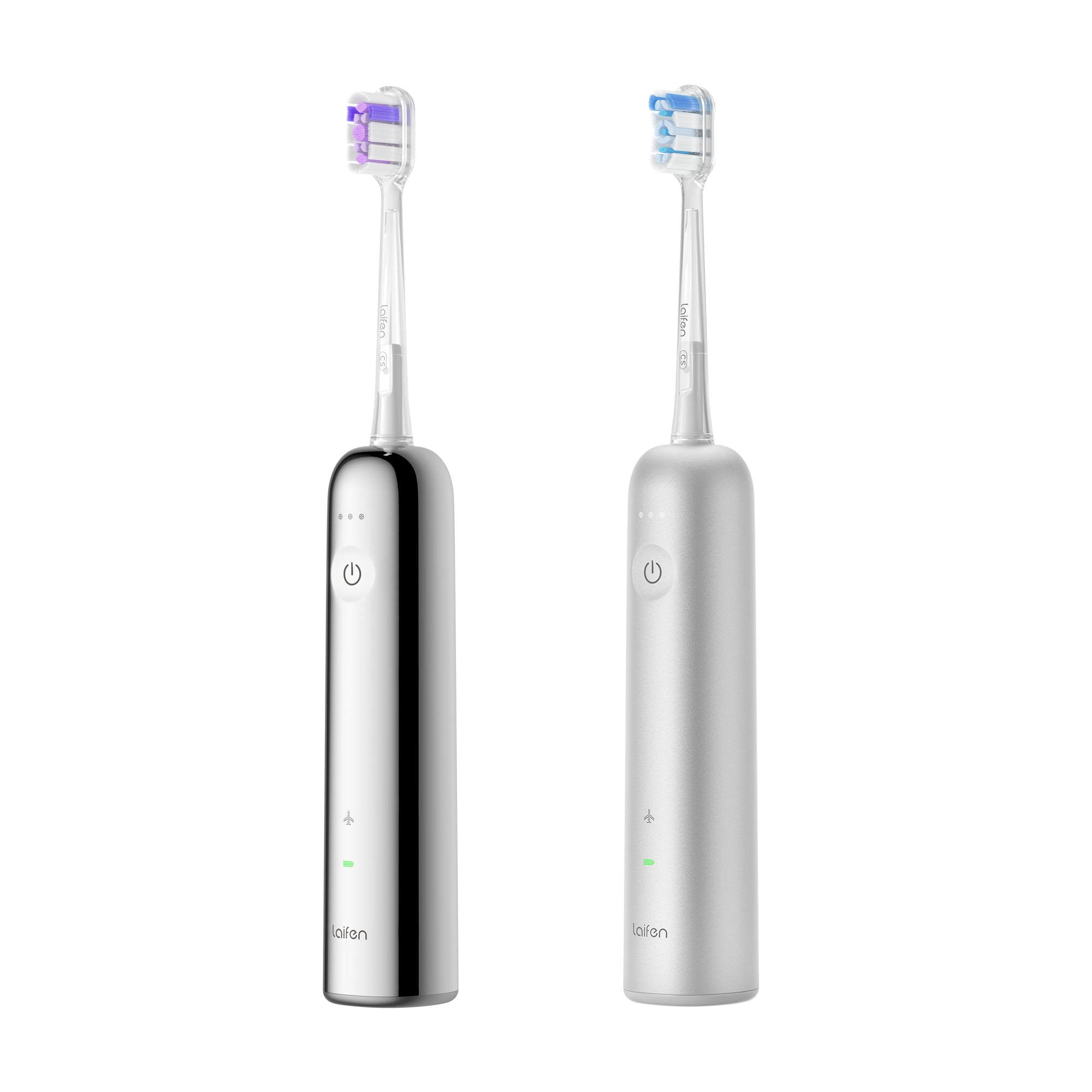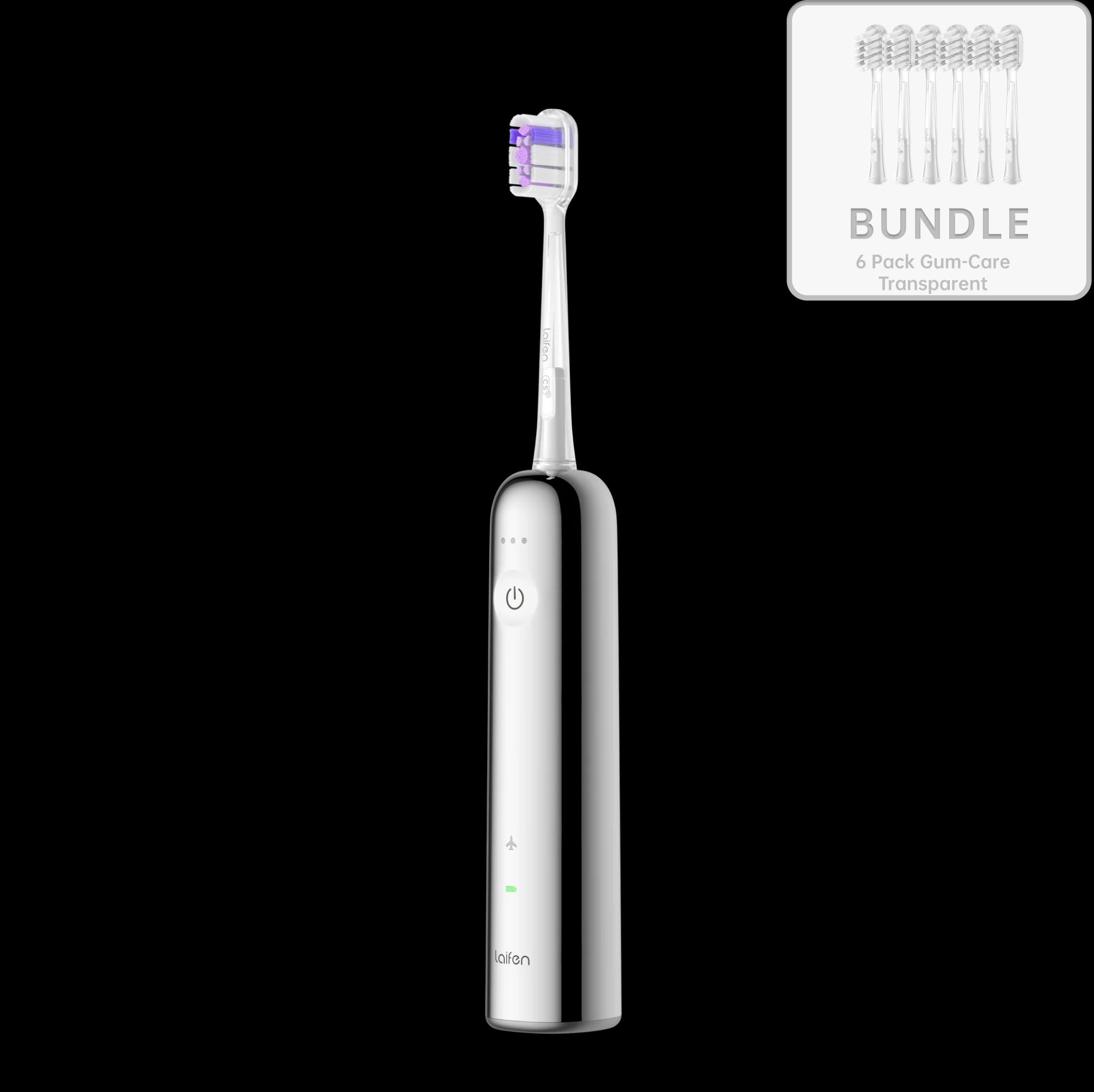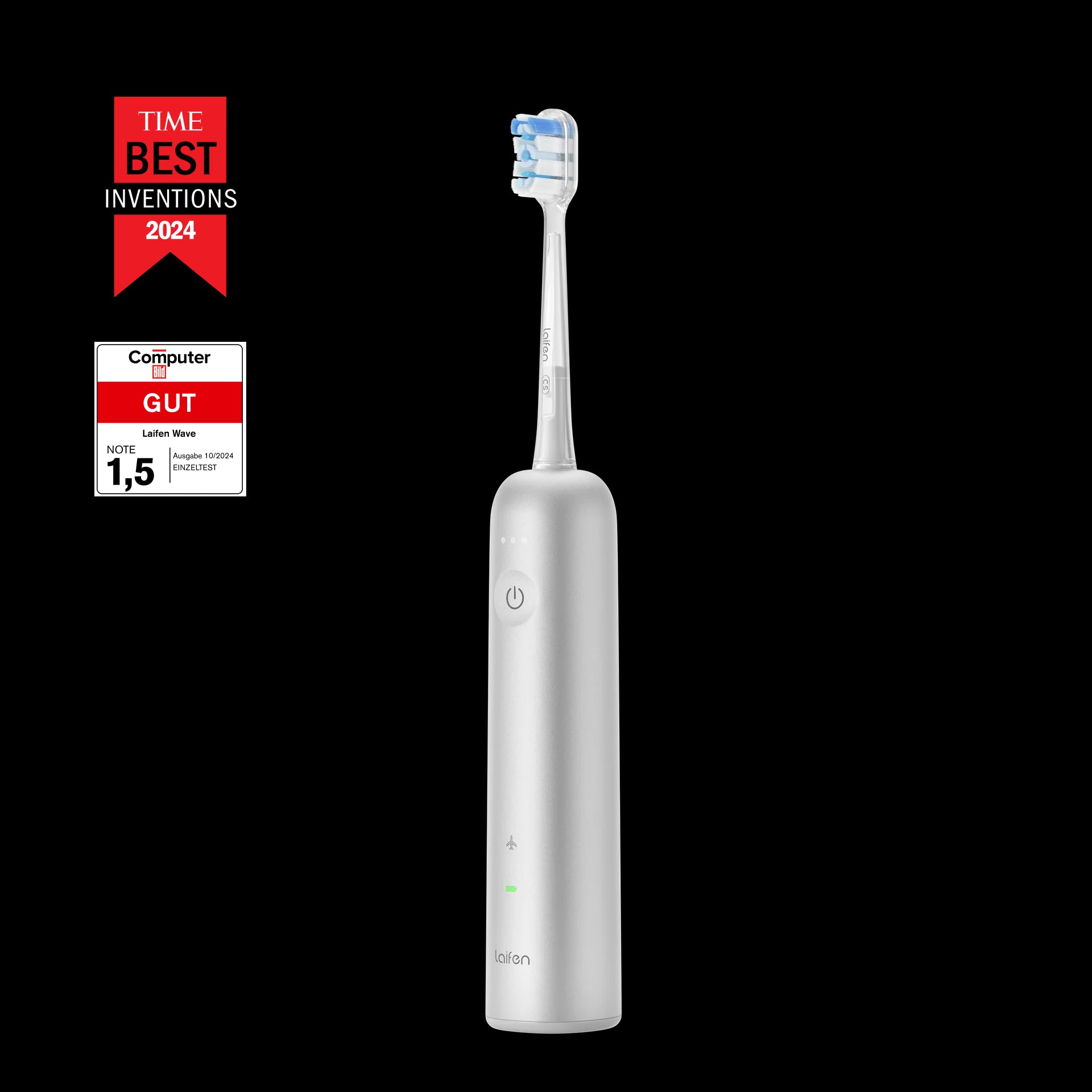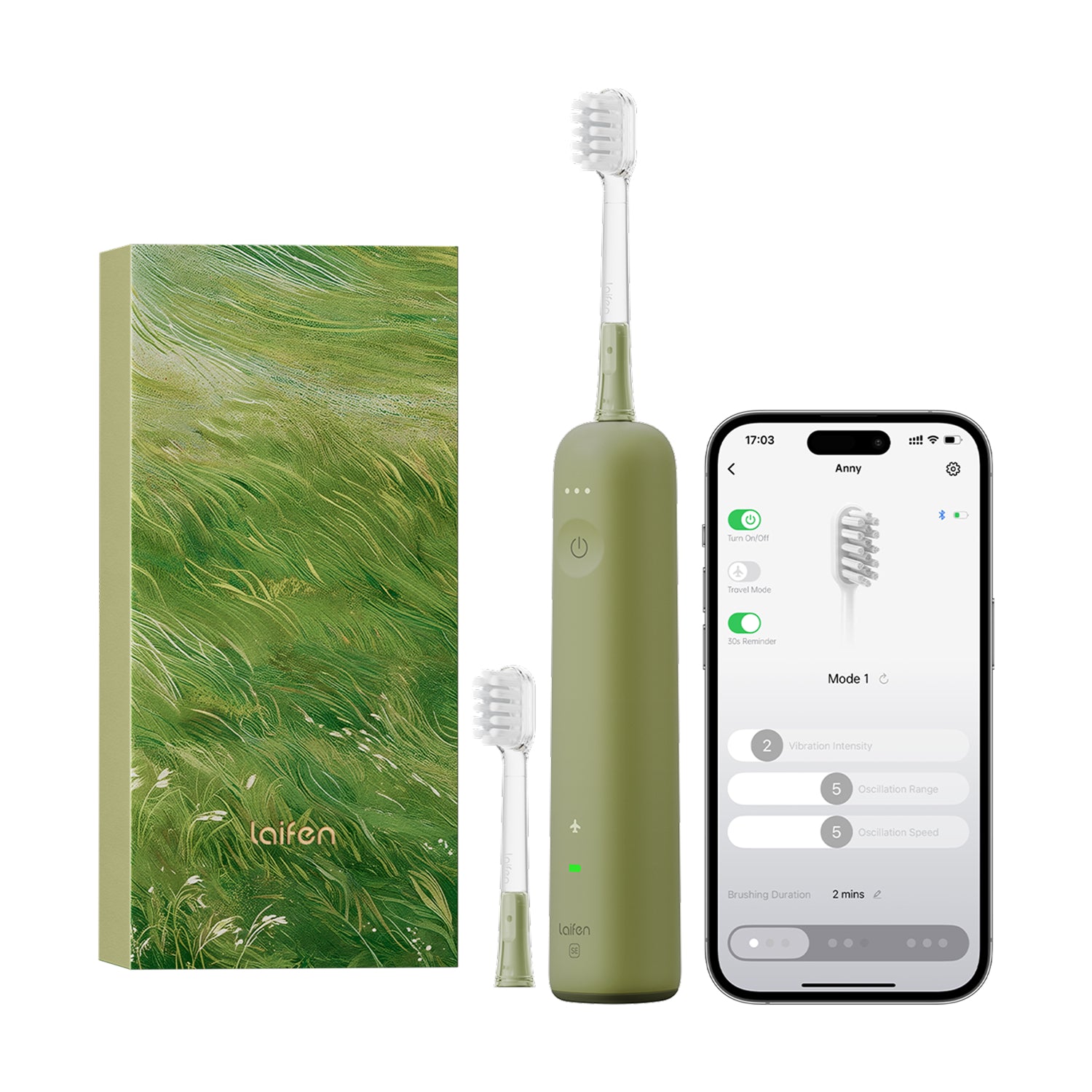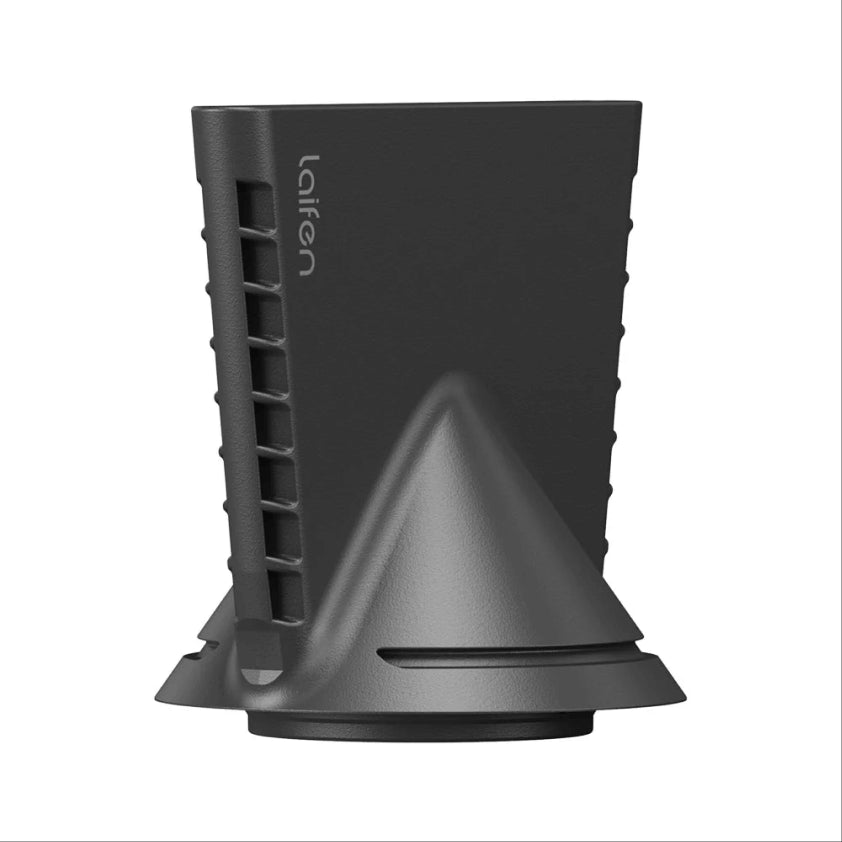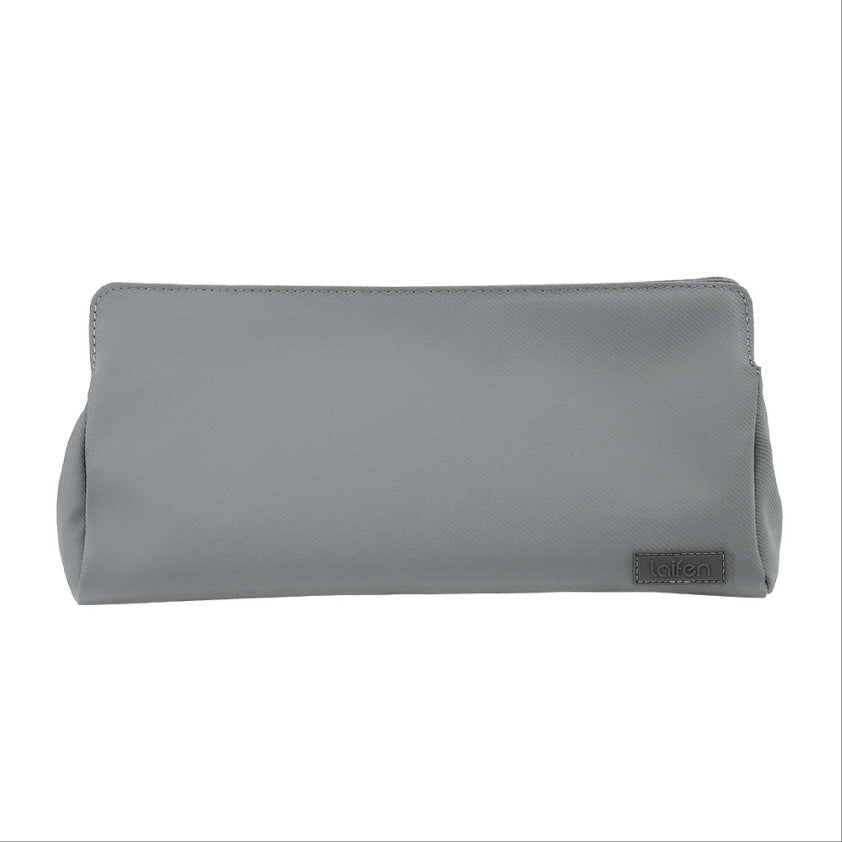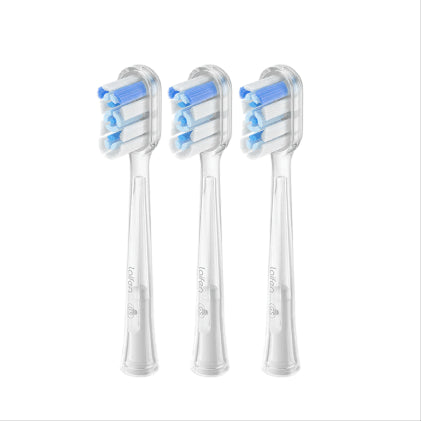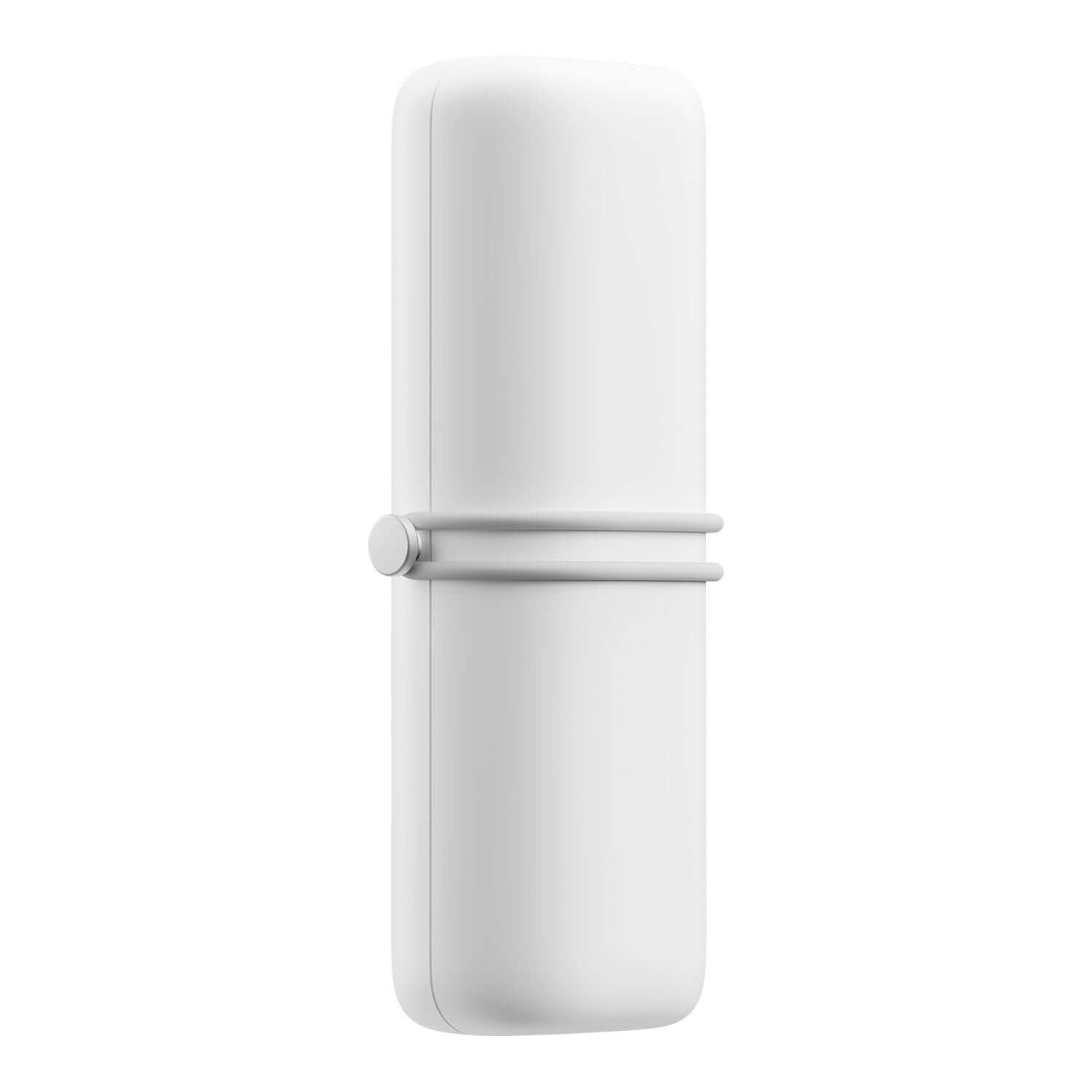
In this article
Now, we're about to decode the mystery of canker sores vs. cold sores! Imagine that you wake up with a sore in your mouth, and you're like, "What's the deal?" Canker sores are those annoying little ulcers that pop up inside your mouth, while cold sores are those pesky blisters that hang out on the outside of your lips. Why does it matter? Knowing the difference helps you treat them properly and avoid spreading them. So next time you spot a sore, you'll know exactly what's up and how to deal with it!
What is canker sore?
What is it:
A canker sore is like that uninvited guest who shows up in your mouth and overstays their welcome. These pesky ulcers are small, painful lesions that form inside the mouth, usually on the soft tissues like the inner cheeks, gums, or tongue.
They can be white or yellowish with a red border and make simple tasks like eating or talking a real pain in the you-know-where.
Stats-wise, they're pretty common, affecting around 20% of the population at some point in their lives. Yep, canker sores are definitely one of those things you'd rather do without!
Causes:
-
Trauma or injury to the mouth, such as accidentally biting your cheek or tongue.
-
Spicy or acidic foods that can irritate the delicate tissues in your mouth.
-
Stress or anxiety, which can weaken your immune system and trigger canker sores.
-
Hormonal changes, particularly in women during menstruation or pregnancy.
-
Certain medications or medical conditions, such as vitamin deficiencies or autoimmune diseases.
-
Genetics, as some people may be more prone to developing canker sores due to their genetic makeup.
-
Oral hygiene products containing sodium lauryl sulfate (SLS), which can cause irritation in some individuals.
Signs:
-
Pain or discomfort: Canker sores are often accompanied by a painful or burning sensation, especially when eating or drinking.
-
Small, round ulcers: Canker sores appear as small, round or oval-shaped ulcers with a white or yellowish center and a red border.
-
Swelling: The area around the canker sore may become swollen and inflamed.
-
Difficulty eating or speaking: Due to the discomfort caused by canker sores, you may experience difficulty eating, drinking, or speaking, especially if the sore is in a sensitive location.
-
Recurring sores: Some may experience recurrent canker sores, with new ulcers appearing periodically in the same or different locations within the mouth.
Is it contagious?
No, canker sores are not contagious. Unlike cold sores, which are caused by the herpes simplex virus and can be spread through close contact, canker sores are not caused by a virus and cannot be transmitted to others. Canker sores are believed to result from a combination of factors such as genetics, immune system function, and environmental triggers.
So, while they can be painful and inconvenient, you can rest assured that you won't pass them on to anyone else through casual contact.
Tips:
Managing canker sores can be a real pain, but with the right approach, you can ease discomfort and reduce their frequency.
Maintaining good oral hygiene is key. Also, gentle brushing and flossing can help keep your mouth clean and reduce irritation.
Secondly, watch what you eat. Avoiding spicy, acidic, or rough foods can prevent further irritation and help soothe existing sores.
Moreover, managing stress through relaxation techniques like meditation or yoga can also play a significant role in preventing canker sores from flaring up.
What is cold sore?
What is it:
A cold sore is a common viral infection caused by the herpes simplex virus (HSV). It appears as a cluster of small, fluid-filled blisters on or around the lips, although they can also occur on the nose, chin, or cheeks.
Cold sores are contagious and can be spread through direct contact with the fluid from the blisters or through shared items such as utensils or towels. While cold sores heal on their own within a few weeks, they can be painful and uncomfortable, and some individuals may experience recurrent outbreaks.
Causes:
-
Herpes simplex virus (HSV): Cold sores are mainly caused by the herpes simplex virus type 1 (HSV-1), although they can also be caused by HSV-2, which is more associated with genital herpes.
-
Direct contact: Cold sores are highly contagious and can be spread through direct contact with the fluid from the blisters or by touching items contaminated with the virus, such as utensils, towels, or lip balm.
-
Weakened immune system: Factors such as stress, illness, fatigue, or a weakened immune system can trigger outbreaks of cold sores in individuals who are already infected with the herpes simplex virus.
-
Sun exposure: Exposure to sunlight or ultraviolet (UV) radiation.
-
Hormonal changes: Changes in hormone levels, such as those that occur during menstruation, pregnancy, or menopause, can also trigger cold sore outbreaks in some individuals.
Signs:
The signs of a cold sore include the appearance of small, fluid-filled blisters on or around the lips, which may be preceded by a tingling or burning sensation. As the blisters rupture, they can form crusts or scabs, which eventually heal over within a few weeks.
Other symptoms may include itching, swelling, and tenderness in the affected area, along with general feelings of malaise or fatigue.
Recurrent outbreaks are common, with some individuals experiencing multiple episodes throughout their lives.
If you suspect you have a cold sore, it's important to avoid touching or picking at the blisters to prevent further spread of the virus.
Is it contagious?
Yes, as we said, cold sores are highly contagious. They can be spread through direct contact with the fluid from the blisters or by touching items contaminated with the virus, such as utensils, towels, or lip balm.
Kissing or close contact with someone who has an active cold sore can transmit the virus. Even after the cold sore has healed, the virus can remain dormant in the body and may reactivate periodically. Therefore, it's important to avoid sharing personal items and to practice good hygiene to prevent the spread.
Tips:
-
Avoid triggers: Identify and avoid triggers that may lead to cold sore outbreaks, such as stress, fatigue, sun exposure, or certain foods.
-
Practice good hygiene: Wash your hands and avoid touching your face, especially if you have an active cold sore. This can help prevent the spread of the virus to other parts of your body or to other people.
-
Use sunscreen: Apply a lip balm or sunscreen with a high SPF to your lips before going out in the sun. Sun exposure can trigger cold sore outbreaks in some people, so protecting your lips from UV radiation may help prevent them.
-
Manage stress: Stress can weaken the immune system and trigger cold sore outbreaks. Practice stress-reducing techniques such as deep breathing, meditation, or yoga to help keep outbreaks at bay.
-
Avoid sharing items: Avoid sharing personal items such as utensils, towels, or lip balm with others, especially during an active outbreak.

